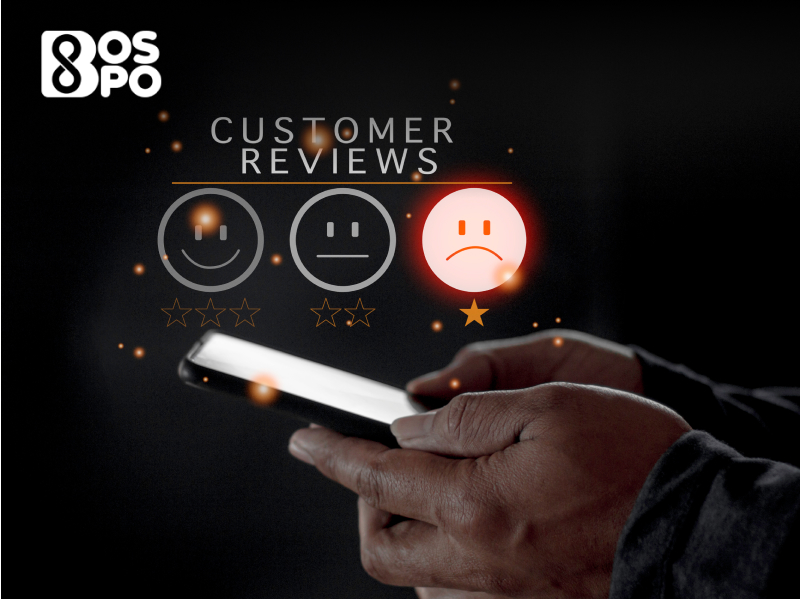Introduction
Organizations have to essentially create new and better ways of reaching out to customers daily. That is why they require enhanced approaches in reaching out to their consumers. Today, a significant number of companies align themselves with the concept of inbound client catering. However, they oversubscribe from outbound calling. It can work. It can interact with potential clients before they come over and assist in the collection of important information. It is a revenue. Thus, cooperating with an outbound call-sourcing company is rather multifaceted. It can help a business access policy and effective strategies from real specialists in the field. These resources and tactics will increase the positive ways through which they communicate to their customers. These are other reasons why call outreach should be outsourced. Perhaps, it will be suitable for businesses mostly.
A strategic approach
Outbound Call Outsourcing entails collaborating with firms that have specialized in customer contacts. They undergo extended training regarding how to handle customer relations, surveys, and leads. As a result of which all the public relations queries arising from the actual business operations have to be managed. This is enough time to make and do plans that will mark the day productive. It lets businesses thrive. There is an authority of outbound callers that businesses can employ. They can do this to enhance the efficiency of their undertaking by many folds. The aforementioned professionals have the expertise to enhance the outbound approaches.
This will in turn call for better customer contact and ultimately results in a higher consumption rate. With their help, the business’s wants and needs can be adjusted to perfect their plan. They reach the correct group of clients and provide them with the relevant information. It is with these messages that the profession communicates with potential clients. Therefore, companies may be able to realize sizeable changes in both their revenues and growth. This will increase their rank within this market.
Advantages of Outsourcing Outbound Calls Services
Engaging customers directly can be a costly affair; thus, outsourcing the services to a competent service provider like BOSBPO. May build better relationships. It will enhance the business relationship between you and your clients. Organizational teams are likely to entail more than one function at a given instance in most cases. Outsourced call centers, however, are devoted to achieving a particular outbound calling campaign only. The following are the specific goals of each campaign: They entertain.

Modularity
Outsourcing allows maximum scalability. Another advantage is that the accessibility of customers in organizations can be expanded rapidly and at the same time flexibly. When a business hires others to handle its customer relations; it receives people and assets. They can manage many call volumes and kinds. However, it does all this with quality standards not being strongly affected. It can introduce a new product to the market and advertise it, it can carry out market research or follow up on several leads in the market. At the same time, which means that no shuffling is done anywhere at all.
Cost management
The administration of an internal call team entails a definite capital investment. Who needs a staff, specialized technology, and infrastructure? They have to coordinate and manage the efficient operations of a workplace. You could do it cheaper if you outsource your outbound call marketing to customers. You thus avoid these up-front costs thereby. Besides, it allows businesses to be paid based on the higher use of the project. It can therefore be appreciated that the budget is efficiently allocated as a result of the above naming system.

Prioritized customer experience
Outbound calling campaigns should be well done to ensure clients are contacted and a good relationship is nurtured with such clients. They add positive experiences to the customers by practically getting close to them. Outsourced call centers are known to have a better supporting structure. They are more assertive on their side and courteous to the clients.

Conclusion:
Outsourcing outbound calls works. It is the most effective technique for enhancing how a firm communicates with its customers. In this light the complete utilization of the professionals. Generally, self-service technologies can be used to enhance the relations between businesses and their customers. It may help them get tangible increases in business and revenues on a measurable scale. The goals need to be clearly defined and the focus of conversations needs to be on the results. This may mean that they make the outsourcing of the outbound calls the nucleus of customer relations.
| Content | Details |
|---|---|
| Why Outbound Call Outsourcing Works | Outbound call outsourcing offers specialized services that can effectively target potential customers, leading to better customer engagement and higher conversion rates. |
| Access to Expertise | Outsourcing connects your business with experts who possess deep knowledge in customer outreach, ensuring the application of best practices and up-to-date strategies. |
| Scalability | As your business grows, outsourced teams can easily scale their efforts to meet increased demand without the need for extensive internal restructuring. |
| Cost-Effectiveness | By outsourcing, companies can reduce operational costs associated with hiring, training, and managing in-house teams, while still achieving their outreach goals. |
| Focus on Core Business | Delegating outbound calls to an external provider allows your internal team to concentrate on core business functions, enhancing overall productivity. |
| Improved Customer Satisfaction | Outsourced teams are equipped with tools and techniques to personalize interactions, resulting in enhanced customer experiences and satisfaction. |
| Real-Time Reporting and Analytics | Many outsourcing partners offer advanced reporting and analytics, allowing businesses to track performance metrics and make informed decisions. |
| Global Reach | Outsourced teams can operate across different time zones, providing continuous customer support and outreach, which is essential for global businesses. |
| Increased Flexibility | Outsourcing allows businesses to quickly adapt to market changes and customer needs, ensuring they remain competitive in a dynamic environment. |
| Conclusion | Outbound call outsourcing provides businesses with numerous benefits, from cost savings to improved customer satisfaction, making it an effective strategy for enhancing customer outreach. |
Read Also: Navigating the Complexities of Medical Billing: How Outsourcing Can Help
FAQs
Q1) Outsourcing of outbound call services: What are the key benefits?
There are several advantages to outsourcing outbound call services: firstly, the costs are significantly lower; secondly, the addressed problems are solved with the help of specialists; thirdly, high flexibility can be ensured; fourthly, the customer relationship is optimized. Through outsourcing with proficient outbound call centers, a business is relieved from large capital investments essential for its team including team members, tools, and equipment. Besides, such proposals provide professional qualifications in interaction with customers, which can let companies concentrate on their main tasks and guarantee an excellent level of communication with consumers.
Q2) In what ways can outbound calls be outsourced to enhance customer satisfaction?
The cases of making outbound calls to potential and existing clients are handled by professional service providers to ensure that the clients are treated with dignity and even in cases where one has to be rude to the consultant on the line, he or she will not be abusive or insulting but polite. Such providers are thoroughly taught how to manage interaction with clients, and how to conduct surveys and lead generation, this gives customers more satisfactory experiences. These objectives are attained in the following ways; outsourced call centers create close relationships with clients and present relevant information that improves customer satisfaction and loyalty hence the growth of the business and the reputation of the brand.
Q3) To what categories can companies classify their campaigns that can be handled by outsourced outbound call services?
It is also important to note that outsourced outbound call services will be able to engage in different kinds of campaigns such as product introduction, market research, lead generation, customer surveys, and follow-up. As these are usually targeted campaigns, they are run by specialized teams and are properly aimed at delivering the needed results. Outbound call centers’ specialization allows companies to run several campaigns at once for maximum results and minimal impact on the quality of services provided to consumers.









